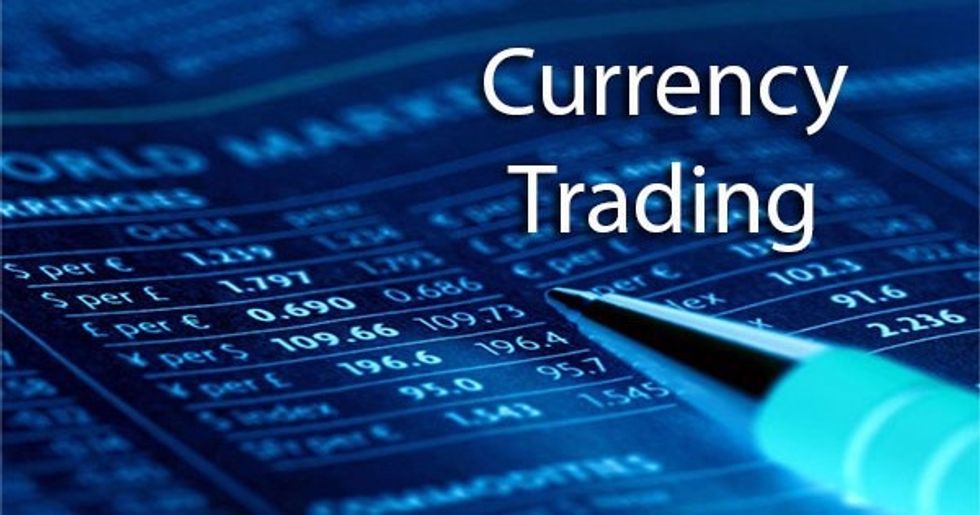Today I'm going to show you a VERY effective Forex Commission for 2019 (Step-by-step)
A significant cost in currency trading comes from commissions in operations. Therefore, it is in the interest of traders to analyze and measure the types and size of commissions to help determine their costs and potential profits in each operation.
Operators who have experience with other markets such as stocks, futures or options will be familiar with the commissions.
Frequently, brokers charge brokers in those markets at a fixed rate per transaction, regardless of the volume of the asset that changes hands. Depending on the broker or intermediary they use, currency traders will encounter various types of commissions, including fixed commissions, variable commissions and per percentage of operations based on percentages.
Investors who trade shares, futures or options often use a broker, who acts as an agent in the transaction. The agent takes the order to exchange and tries to execute it according to the client's instructions. The broker receives a commission when the customer buys and sells the negotiable instrument to provide this service.
What is the main deal?
The currency market has no commissions. Unlike exchange-based markets, FX is a market only for directors. FX firms are dealers, not brokers. This is a critical distinction that all investors must understand. Unlike brokers, traders assume market risk by acting as a counterpart to the investor's trade. They do not charge commission; instead, they make their money through the propagation of supply and demand.
In FX, the investor can not try to buy in the offer or sell in the offer as in the exchange markets. On the other hand, once the price compensates the cost of the differential, there are no additional fees or commissions. Every cent earned is a pure benefit for the investor. However, the fact that traders must always overcome the spread of supply/demand makes scalping much more difficult in FX.
Now I'd like to hear from you…






















